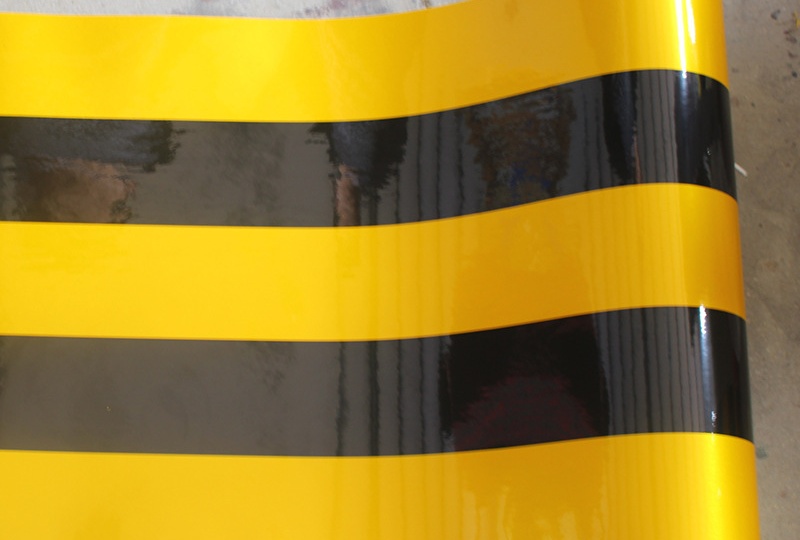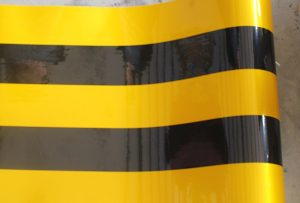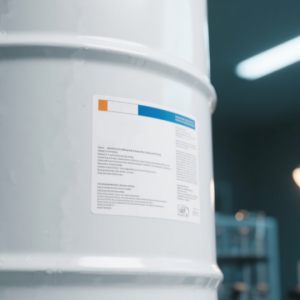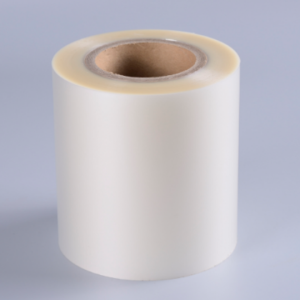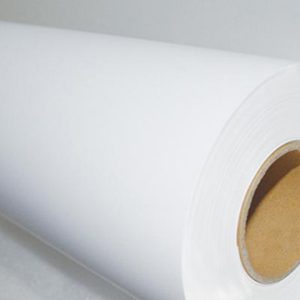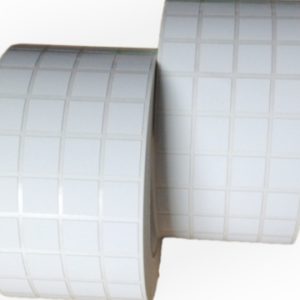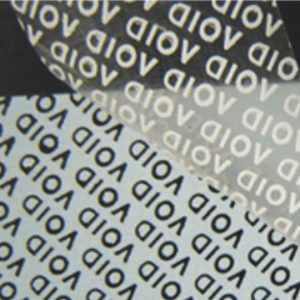定制 不干胶行业首选供应商
从原材料采购到最终产品交付,我们的质检流程覆盖每一个环节,确保整个供应链的高质量输出.
平坦的反光粘合标签
产品描述
平坦的反光粘合标签
介绍
Flat reflective adhesive labels are engineered safety solutions designed to redirect light back to its source, ensuring critical visibility in low-light conditions. Unlike decorative stickers, these functional materials combine optical science with durable adhesives for industrial, 运输, and safety applications. This guide examines their technical composition, performance standards, and selection criteria.
1. Core Optical Technologies
Reflective functionality relies on two scientifically validated methods:
一个. Microprismatic Reflectors
-
Structure: Precision-etched polymer layers forming microscopic pyramids
-
Light Efficiency: Reflects >90% of incident light (700-1,000 cd/lux/m²)
-
Angularity: Optimal performance within a 30° observation angle
-
认证: Meets ASTM D4956 Type XI standards
B. Glass Bead Optics
-
Structure: Microscopic glass spheres (50-100μm) embedded in resin
-
Light Diffusion: Provides 180° wide-angle visibility
-
Retroreflection: Achieves 300-450 cd/lux/m² reflectivity
-
遵守: Conforms to EN 12899-1:2007 for traffic signs
桌子: Technical Comparison
| 项目 | Microprismatic Labels | Glass Bead Labels |
|---|---|---|
| Luminance (cd/lux/m²) | 700-1,000 | 300-450 |
| Observation Angle | ≤30° | ≤40° |
| 室外耐用性 | 10+ 年 | 7+ 年 |
| Bend Tolerance | 缓和 | 高的 |
2. Material Construction
优质的 flat reflective labels comprise four engineered layers:
2.1 面孔
-
聚酯纤维: 2-10 mil thickness; chemical/UV resistance
-
乙烯基塑料: Conforms to textured surfaces; 5-year outdoor lifespan
-
Polycarbonate: Impact resistance for machinery labels
2.2 Adhesive Systems
| 粘合剂类型 | 温度范围 | Surface Compatibility |
|---|---|---|
| Permanent Acrylic | -40°C至150°C | Painted metal, 塑料 |
| Removable Rubber-Based | 0°C至80°C | Glass, temporary signs |
| High-Tack Silicone | -73°C to 260°C | Powder-coated equipment |
2.3 Reflective Optics Layer
-
Encapsulated between facestock and adhesive
-
UV-stabilized to prevent yellowing
2.4 Release Liner
-
60-80# Kraft paper with silicone coating
-
Polyester liners for automated application
3. Performance Standards & Testing
Compliant reflective safety labels must pass:
3.1 Accelerated Weathering
-
2,000+ hours QUV exposure (ASTM G154)
-
<5% luminance reduction after testing
3.2 附着力测试
-
Peel adhesion ≥40 N/25mm (PSTC-101)
-
Shear resistance >10,000 分钟 (FINAT FTM-8)
3.3 耐化学性
-
Withstand IPX4 splash exposure
-
No degradation after 24h contact with:
-
Diesel fuel
-
Hydraulic fluids
-
10% NaOH/5% H₂SO₄
-
4. Industrial Applications
4.1 机械 & Equipment
-
Safety warnings on forklifts (ANSI Z535.4 compliant)
-
Electrical panel identifiers with arc-flash ratings
4.2 Transportation Assets
-
DOT-compliant trailer conspicuity markings
-
Reflective barcode labels for warehouse logistics
4.3 Infrastructure
-
Fire exit signage (NFPA 170 visibility)
-
Pipe markers meeting ASME A13.1 standards
5. Selection Guidelines
5.1 Surface Considerations
-
多孔表面 (concrete, 木头): Use thick-film vinyl with aggressive adhesive
-
Low-energy surfaces (聚丙烯, 聚乙烯醇): Require specialty primers
-
Curved substrates: Glass bead labels with 25% stretch capacity
5.2 Environmental Factors
| Condition | Recommended Material |
|---|---|
| 化学暴露 | Polyester with UV laminate |
| Temperature cycling | Microprismatic with silicone adhesive |
| Abrasion risk | Polycarbonate facestock |
5.3 监管合规性
-
ISO 3864-1: Safety colors and symbols
-
FMVSS 108: Vehicle reflective requirements
-
BS 5499: Photoluminescent exit signs
For compliant custom reflective labels, review GemmeLabel’s technical specifications.
6. Installation Best Practices
-
表面处理:
-
Clean with isopropanol (≥70% purity)
-
Surface temperature >10°C during application
-
-
应用:
-
Use squeeze rollers for bubble-free adhesion
-
Maintain 50-70% relative humidity
-
-
Post-Installation:
-
72-hour cure time before chemical exposure
-
Inspect adhesion edges quarterly
-
结论
Flat reflective adhesive labels are precision optical devices engineered for mission-critical visibility. By understanding their light-redirecting technologies, multilayer construction, and compliance requirements, safety managers can specify labels that maintain legibility in darkness, adverse weather, and industrial environments. As global safety standards evolve, these materials remain foundational to hazard communication systems.
Access our material selection guide for industrial-grade reflective labels.

